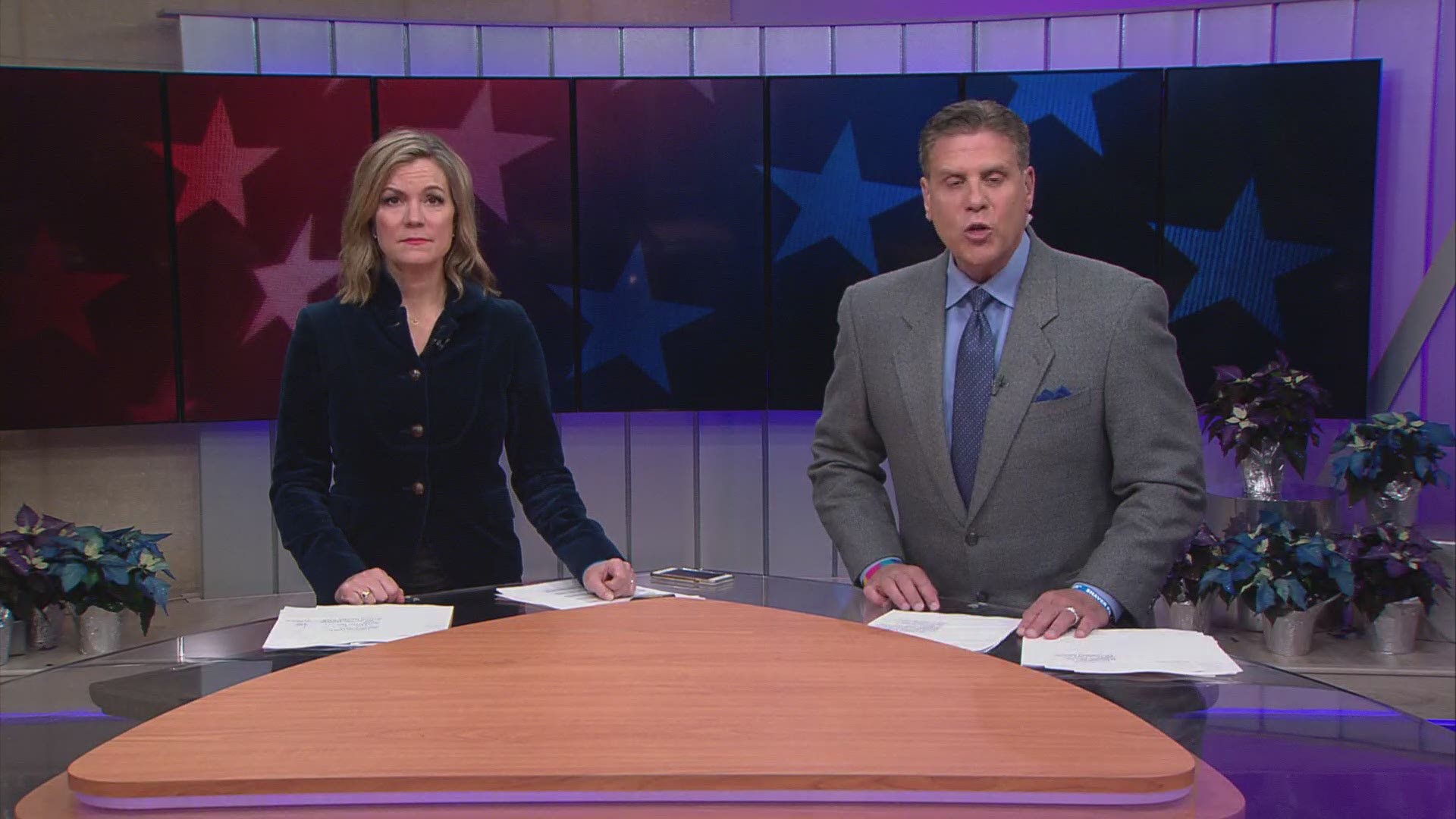Minnesota’s first presidential primary since 1992 will come with a catch: voters will have to request a specific party’s ballot and that choice will be a matter of public record.
Secretary of State Steve Simon is urging lawmakers to fix that issue before that primary, now slated for March of 2020.
“There is no good reason to require public disclosure of voters’ party preferences,” Secretary Simon remarked, in a statement to the media.
“Minnesota’s voter registration system has never required a voter to state a party affiliation, yet the legislature created a back-door system of party registration when they passed the Presidential Primary Law.”
He’d like to restrict access to the voter’s data to just the political parties, and as an added layer of voter privacy he’s urging lawmakers to do the entire election with mail-in ballots.
Having people vote by mail would also save the state and local counties the expensive of staffing thousands of polling places, for what has been a closed party function in the past.
The legislature agreed to switch to a real presidential preference primary, in reaction to the uproar over the crowded, chaotic precinct caucuses of 2016. The notion of collecting voters’ party preference came from the national political parties.
“The national parties have said if you’re not going to collect this data, we’re not going to seat your delegates at our conventions,” Rep. Laurie Halverson, and Eagan Democrat, told KARE.
“But for Minnesotans to have to be identified for a lifetime with one political party? That tends to not be who they are.”
Holding conventions and nominating candidates has always been a party function. Requiring separate ballots is an effort to ensure a closed primary, one that attracts party loyalists.
“It’s just saying people should vote in the primary that most aligns with their belief system, but the trick is we need to protect Minnesotans privacy as best as possible while we do that,” Sen. Susan, a Woodbury Democrat, explained.
“It was very clear that Minnesotans don’t want random people to be able to look up and find out their political party beliefs. I know from personal experience they don’t want to talk about it on their doorsteps!”
Incoming House Majority Leader Ryan Winkler of Golden Valley said it would be a terrific opportunity to test a statewide mail-in election, which is already the standard in some rural areas of Minnesota.
“I think trying to force people into declaring for one party or another party, especially in the environment we’re in now, could severely impact the turnout for the primary.”

